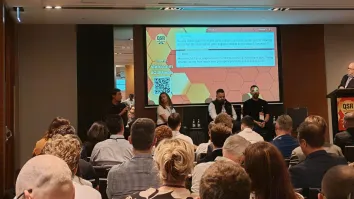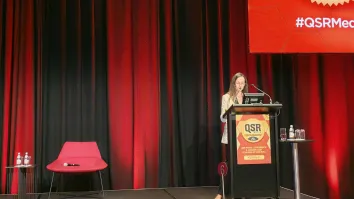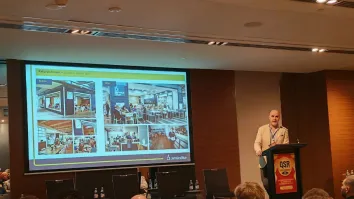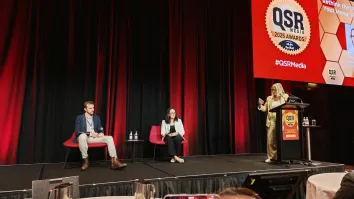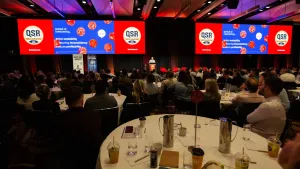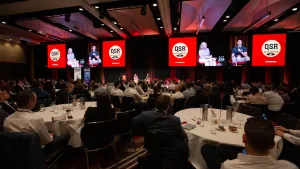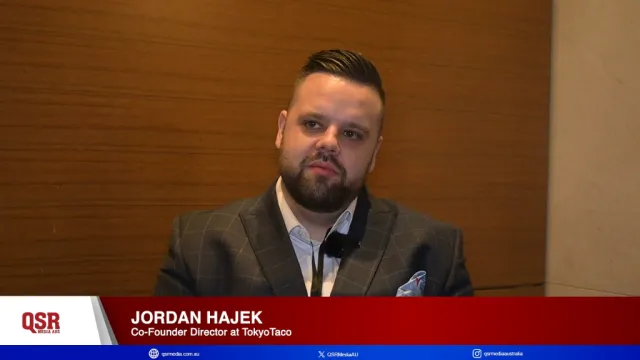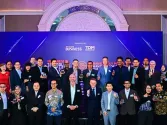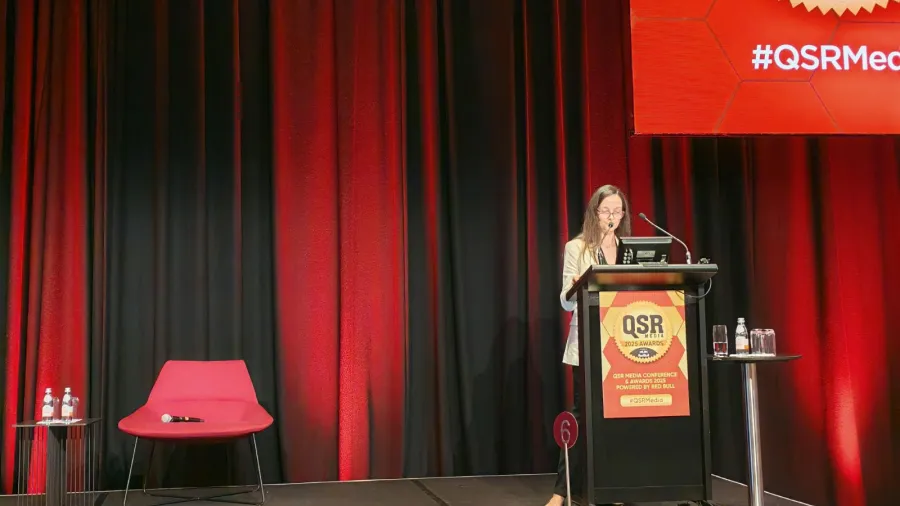
Why generational segmentation unlocks loyalty
It builds an emotional connection by making consumers feel recognised and valued.
Brands must segment their customers by generation to offer unique, cross-brand rewards and better experiences, driving long-term loyalty.
“This results in an emotional connection built by making consumers feel recognised and valued,” Julia Illera, Research Manager at Euromonitor International, said during the QSR Media Conference & Awards 2025 Powered by Red Bull.
She cited Generation Alpha as an example. “At the moment, they are around 2 billion, giving them a higher purchasing potential.”
Illera noted that this generation processes information faster than past groups and is heavily influenced by their peers and online creators. In fact, platforms like TikTok, YouTube, Minecraft, and Roblox now serve as their marketplace, too.
Meanwhile, Gen Zs and Millennials represent 21% of the world's population and a collective income of US$31t. “We are also projecting their income to rise to U$45t by 2040,” she added.
In line with this, e-commerce now drives most of the retail growth. “Despite economic uncertainty, global retail sales are still projected to grow moderately all the way to 2029, with e-commerce penetration anticipated to reach 28% by then,” Illera said.
However, Illera observed that many loyalty programmes still operate in silos, and are really not fully connected to their marketing and payment technology.
“The value still lies in the convenience that they can offer, the security, and the integrated rewards that customers can have; hence, it’s important to unite their loyalty programmes and payments,” she said.
In Australia, brands still lag overall in this aspect. “They must look at some Asia-based brands which are more likely to offer their own branded digital wallet.”
Moreover, she added that the challenge for brands is navigating the privacy paradox—customers expect personalisation but won't share data.
“Brands must find ways to tailor experiences and earn trust, often by offering free, personalised experiences in exchange for data like payment history,” Illera said.


